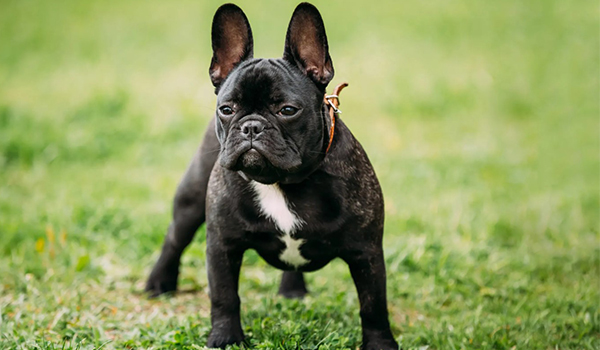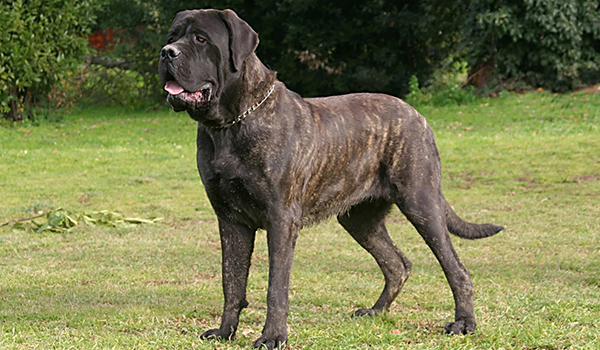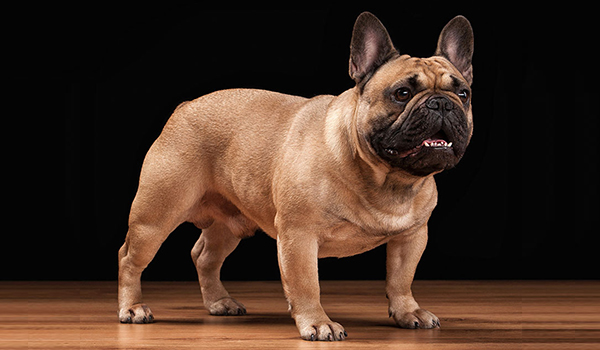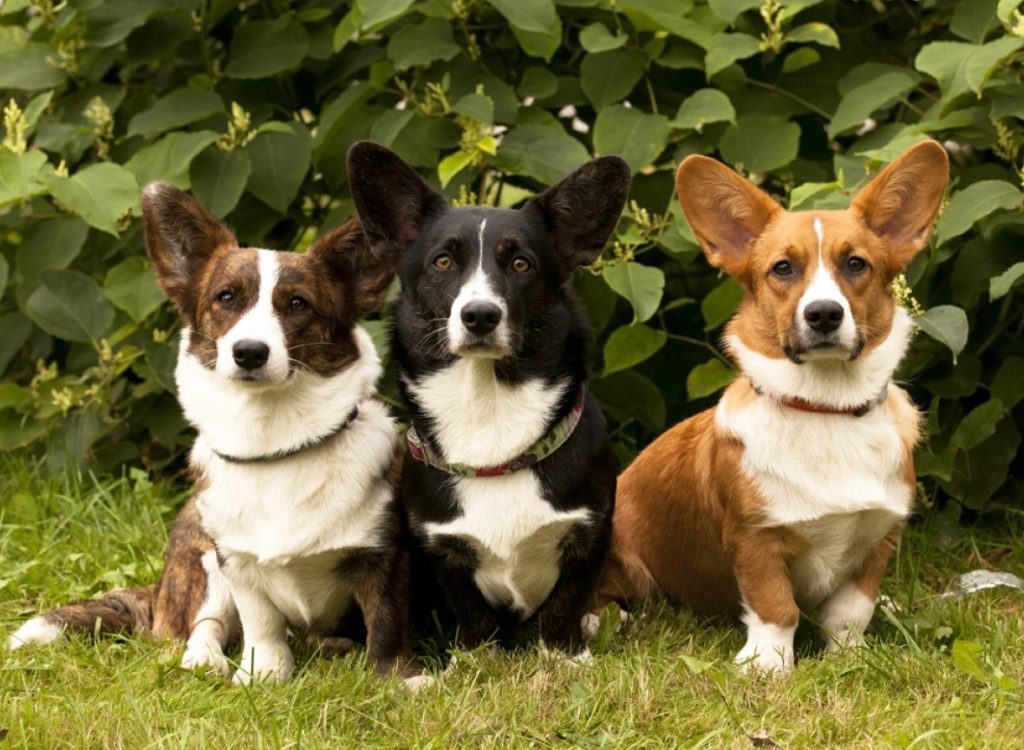
The Corgi, with its short stature, long body, and irresistibly expressive face, is a breed that captures hearts worldwide. But beneath the adorable exterior lies a sturdy, intelligent, and surprisingly bold herding dog with a big-dog personality. Primarily referring to two distinct breeds—the Pembroke Welsh Corgi and the Cardigan Welsh Corgi—owning a Corgi is a unique and rewarding experience that requires an understanding of their specific needs.
This comprehensive guide will explore everything a future owner needs to know about Corgis, highlighting the differences between the two types, to help you decide if this charismatic and energetic companion is the right fit for your home.
Breed Overview: Pembroke vs. Cardigan
- Group: Herding
- Pembroke Welsh Corgi:
- Height: 10 – 12 inches
- Weight: Up to 30 pounds
- Tail: Naturally short or docked to be very short.
- Ears: Pointed.
- Build: Slightly smaller and more refined.
- Cardigan Welsh Corgi:
- Height: 10.5 – 12.5 inches
- Weight: 25 – 38 pounds
- Tail: Long, fox-like tail.
- Ears: Rounded.
- Build: Slightly larger, with more bone.
- Coat: Both have a medium-length, weather-resistant double coat. Pembrokes are typically red, sable, or tri-color. Cardigans come in a wider variety of colors, including brindle, blue merle, and black.
- Life Span: 12 – 15 years
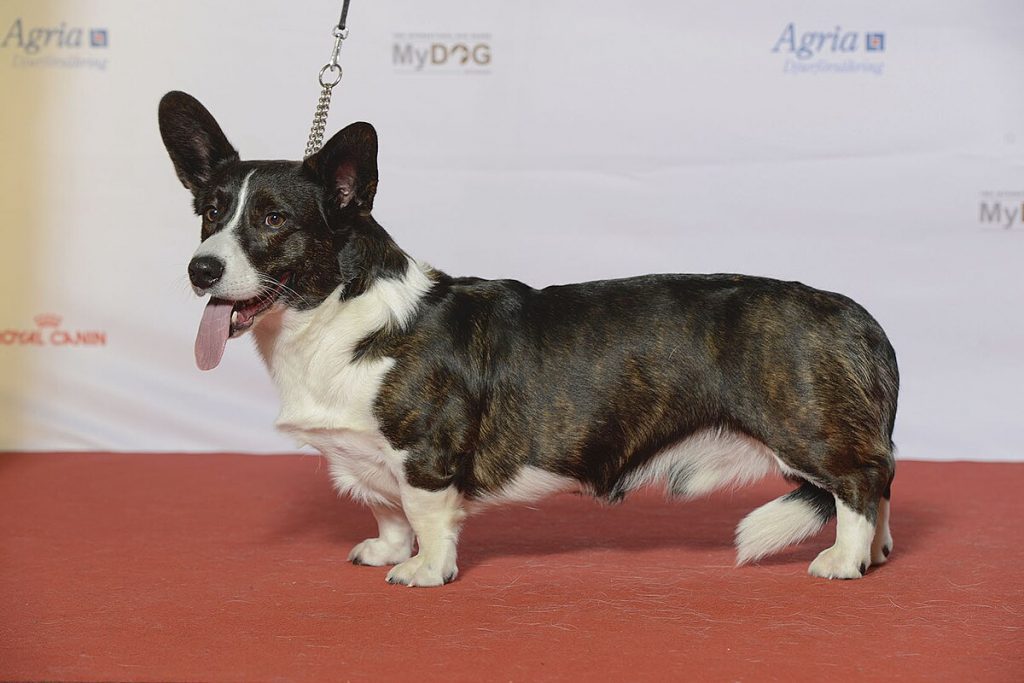
A Brief History: A Herding Heritage
Both Corgi breeds hail from Wales and have ancient origins as all-purpose farm dogs. Their low stature was a advantage, allowing them to nip at the heels of cattle while dodging kicks.
- Pembroke Welsh Corgi: Believed to have been brought to Wales by Flemish weavers in the 10th century. They have a spitz-like ancestry and are famously associated with the British Royal Family, particularly Queen Elizabeth II.
- Cardigan Welsh Corgi: The older of the two breeds, Cardigans are thought to have been brought to Wales by Celtic tribes over 3,000 years ago. They share ancestry with the Dachshund.
Despite their similar appearances, Pembrokes and Cardigans are distinct breeds and should not be interbred.
The Corgi Temperament: Big Dog in a Small Package
Never judge a Corgi by its height. They possess the confidence, intelligence, and energy of a much larger herding dog.
- Intelligent & Alert: Corgis are exceptionally smart and quick to learn. This intelligence means they need mental stimulation to prevent boredom, which can lead to mischief.
- Bold & Confident: They are outgoing, fearless, and often unaware of their small size. This makes them excellent watchdogs, as they will readily alert you to anything unusual.
- Affectionate & Playful: With their families, they are loving, loyal, and often quite goofy. They retain a playful spirit well into adulthood.
- Stubborn & Independent: Bred to make their own decisions while herding, they have a strong independent streak. This can make training a test of wills if not approached correctly.
- Vocal: They can be prone to barking, a trait honed from their herding days. Training is needed to manage excessive vocalization.
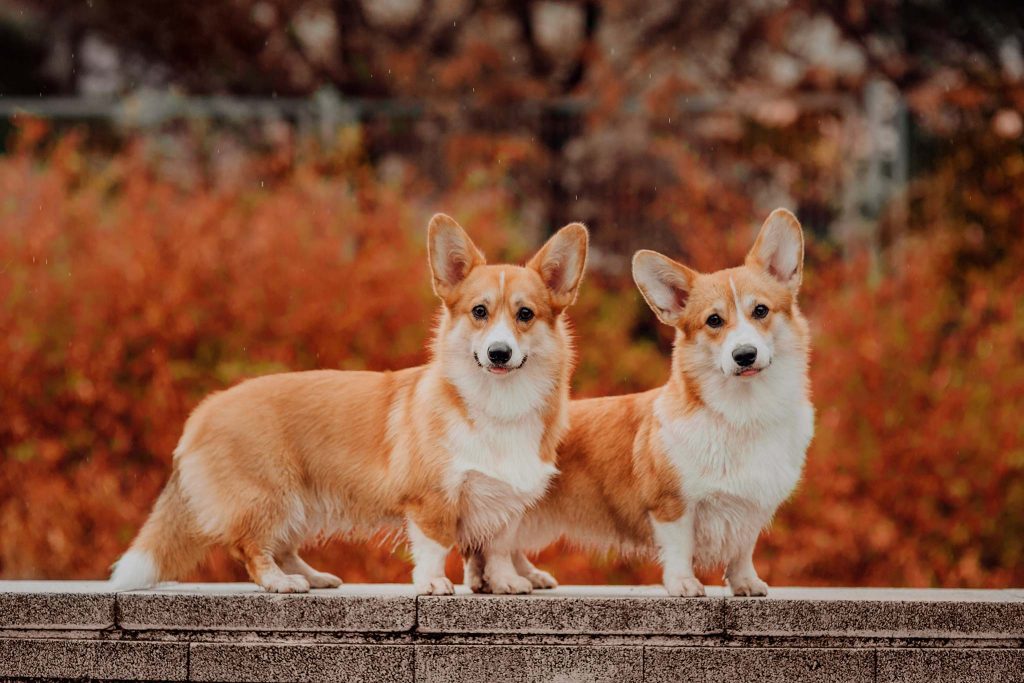
Caring for Your Corgi
Exercise: More Than a Walk
Despite their short legs, Corgis are energetic and athletic. They were bred to work all day.
- Daily Requirements:At least 60 minutes of daily activity. This should include:
- Brisk Walks: Their short legs move surprisingly fast!
- Playtime: They love games of fetch, agility, and herding balls.
- Mental Stimulation: This is crucial. Puzzle toys, obedience training, and learning new tricks are essential to tire out their bright minds.
- Weight Management: Their long backs and propensity for weight gain make regular exercise non-negotiable for joint health.
Grooming: The Shedding is Real
The Corgi’s double coat is deceptively high-maintenance.
- Brushing: Brush 2-3 times a week with an undercoat rake and a slicker brush to manage shedding. During their biannual “coat blow,” daily brushing is necessary to control the incredible amount of loose fur.
- Bathing: Bathe every 1-2 months or as needed.
- Other Needs: Regular nail trimming, ear cleaning, and teeth brushing. Their body structure requires keeping them at a healthy weight to avoid extra stress on their spine and joints.

Training: Be a Fair and Consistent Leader
Training a Corgi is generally enjoyable but requires a firm, consistent, and positive approach.
- Start Early: Begin socialization and puppy training immediately. Expose them to various people, animals, and environments to build a well-adjusted dog.
- Use Positive Reinforcement: They are highly food-motivated and respond best to reward-based training with treats, praise, and play. Harsh methods will lead to stubbornness.
- Keep it Interesting: Their intelligence means they get bored with repetition. Keep sessions short, fun, and challenging.
- Focus on Key Skills: Besides basic obedience, work on curbing their tendency to herd children or other pets by nipping at heels.
Health: What to Be Aware Of
The Corgi’s unique build makes them prone to specific health issues.
- Intervertebral Disc Disease (IVDD): This is the biggest health threat. Their long back is susceptible to slipped or ruptured discs, which can cause pain, nerve damage, and paralysis. Keeping them at a lean weight and preventing them from jumping on/off furniture is critical.
- Hip & Elbow Dysplasia: Malformation of the joints that can lead to arthritis.
- Degenerative Myelopathy (DM): A progressive disease of the spinal cord, similar to ALS in humans. A DNA test is available.
- Obesity: This exacerbates almost every other health problem they are prone to. Portion control is essential.
- Eye Problems: Such as Progressive Retinal Atrophy (PRA).
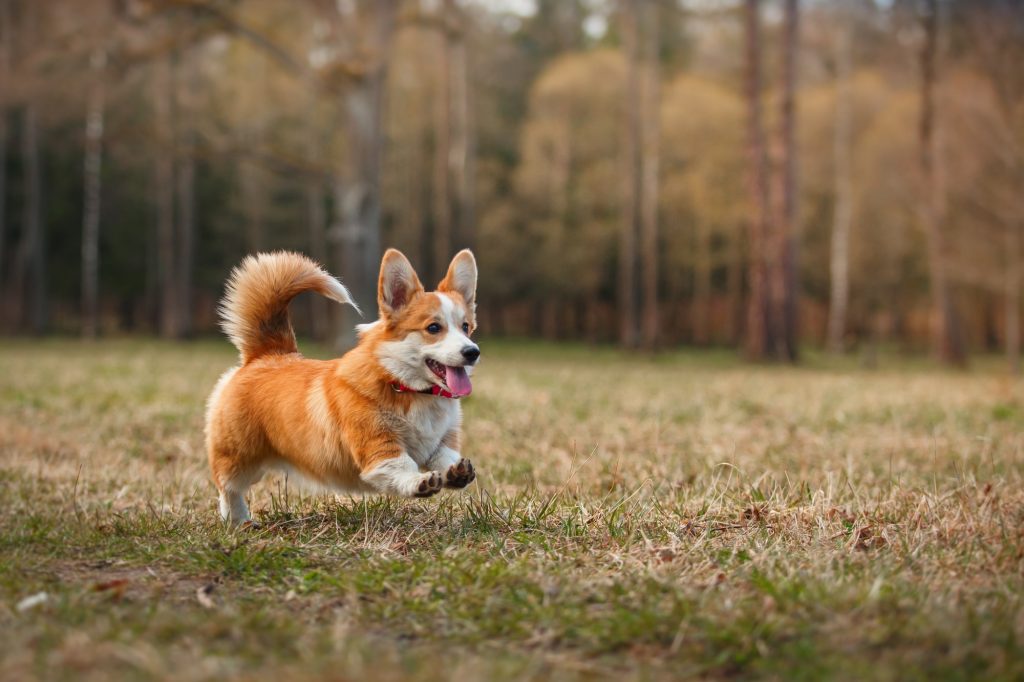
Is a Corgi Right For You?
A Corgi might be your perfect match if you:
- Lead an active lifestyle and can provide daily mental and physical exercise.
- Appreciate a intelligent, trainable, and entertaining dog.
- Have a sense of humor and don’t mind a stubborn streak or a loud bark.
- Are prepared for significant shedding and regular grooming.
- Are committed to keeping your dog at a healthy weight.
You might want to reconsider if you:
- Want a low-energy, low-shedding, or quiet lap dog.
- Have a home with many stairs or are unable to prevent jumping on furniture.
- Are not prepared for the challenges of training a strong-willed, intelligent breed.
- Are away from home for long hours.

Finding Your Corgi
- Reputable Breeders: Choose a breeder who prioritizes health, temperament, and structure. They should perform health tests on their breeding dogs (OFA hips, elbows, eyes, and DNA for DM) and be knowledgeable about the breed’s challenges, especially IVDD.
- Rescue & Shelters: Corgi-specific rescues are very active. Many dogs end up there because owners were unprepared for their energy, barking, or shedding. Adopting an adult can be a wonderful way to provide a second chance.
Understanding the Cost: The initial purchase price from a reputable breeder in the U.S. typically ranges from $1,000 to $2,500+. Prospective owners must budget for high-quality food, routine veterinary care, and potential costs associated with back issues. Pet insurance is a wise consideration.
Bringing a Corgi into your life means committing to a dog with a larger-than-life personality. In return for your dedication to their health and happiness, you will gain a loyal, intelligent, and endlessly entertaining companion whose short legs and big heart will leave a permanent mark on your family.

